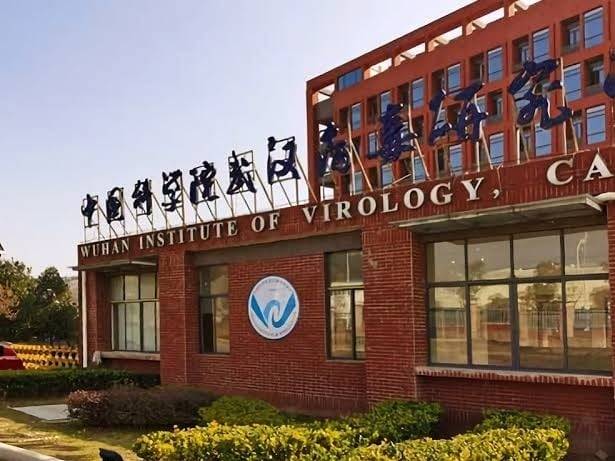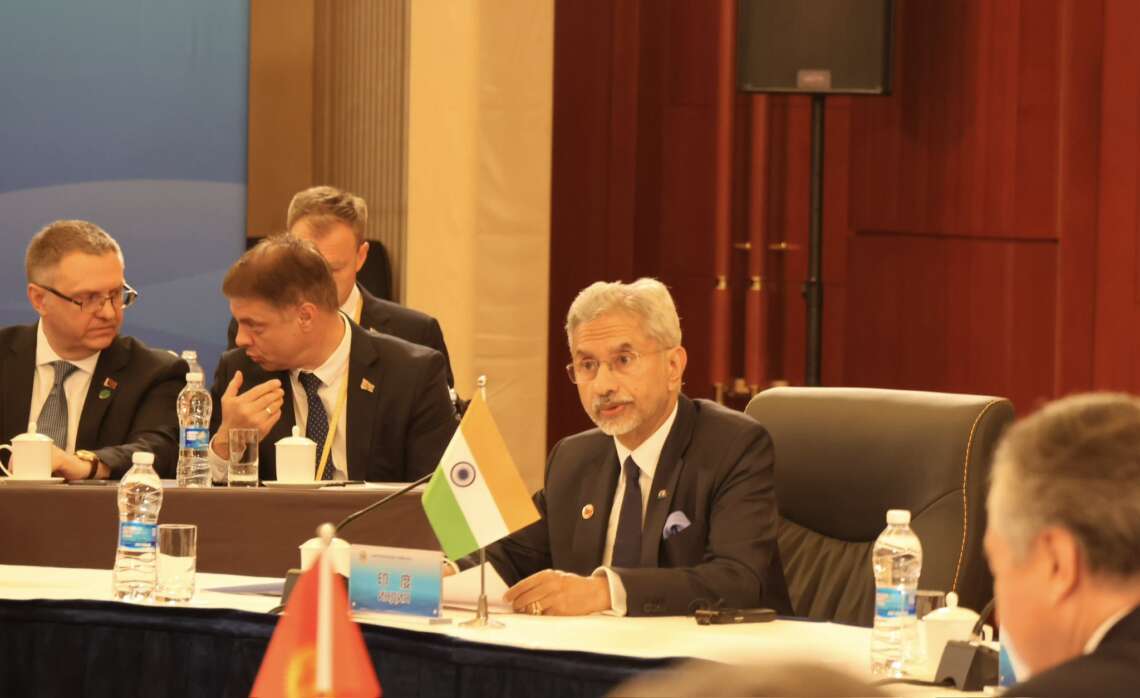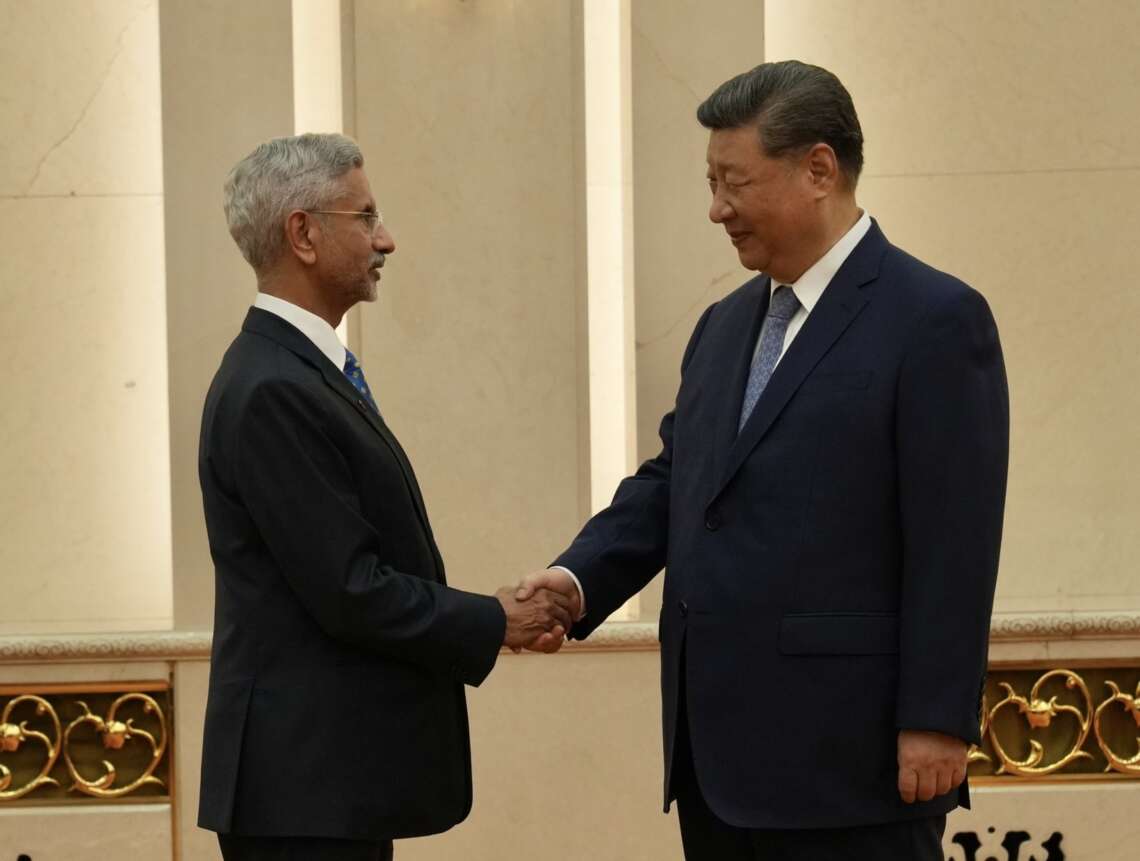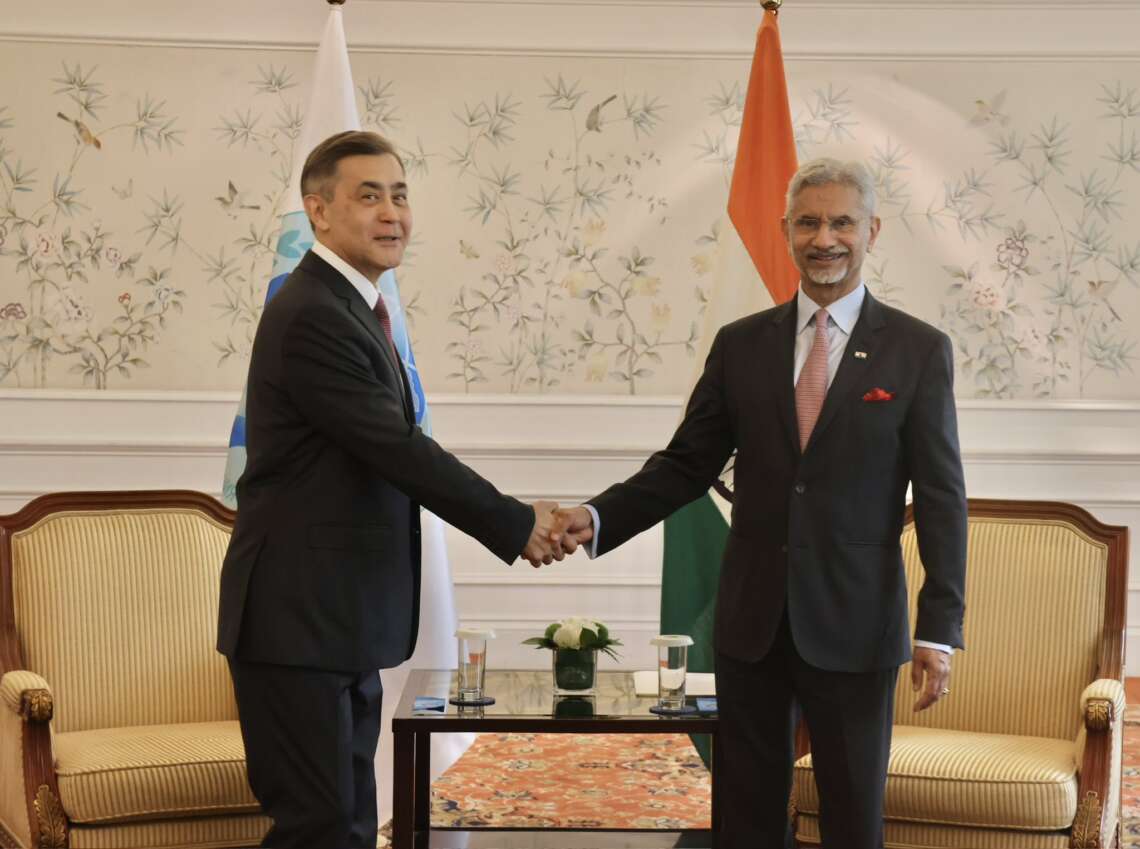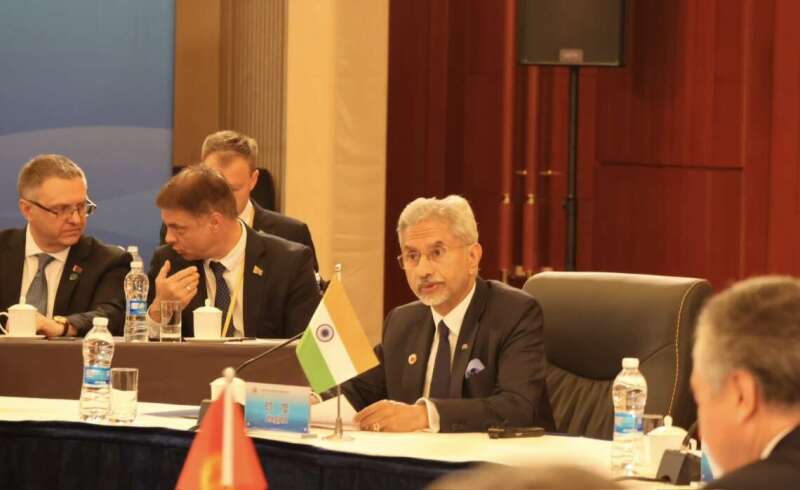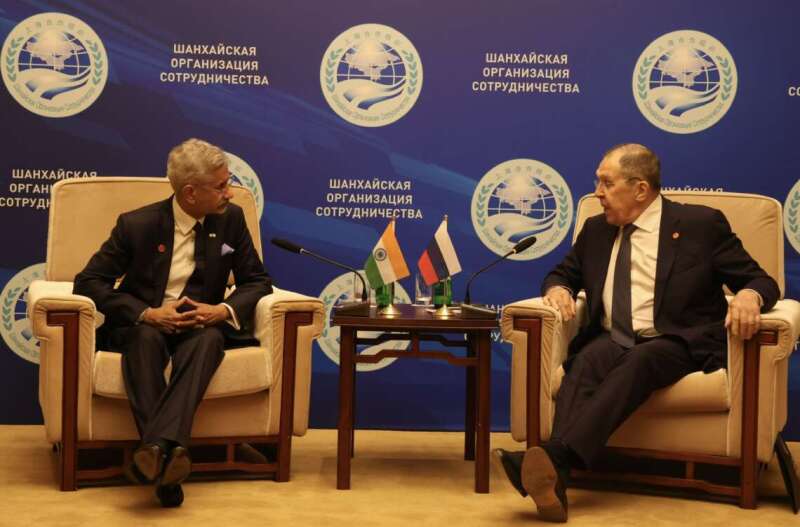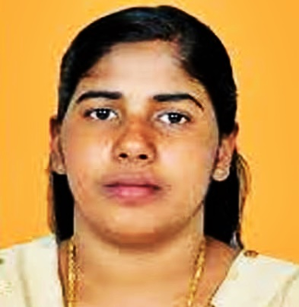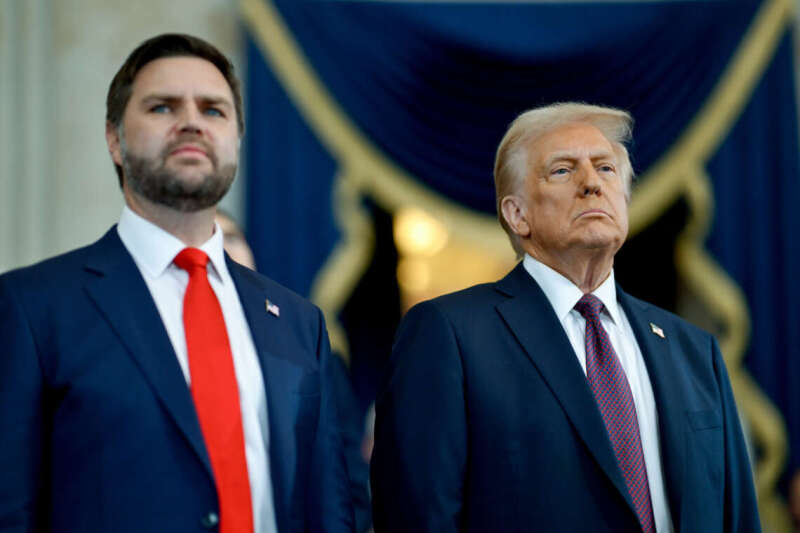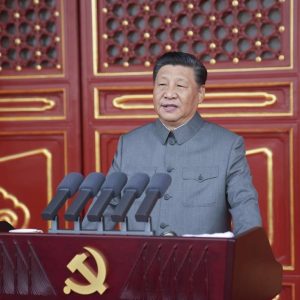The WHO advisory group also suggested further investigations into Wuhan ‘lab leak’ theory…reports Asian lite News
An early investigation into the origins of the SARS-CoV-2 virus by a World Health Organisation (WHO) advisory group suggested that the Huanan seafood market in Wuhan, China played an important role in the amplification of the pandemic; however, further investigations are recommended.
In their first report, a WHO advisory group, Scientific Advisory Group for the Origins of Novel Pathogens (Sago) said that key recommendations are provided for further studies needed on humans, animals and the environment in China and around the world that would provide additional information and contribute to a better understanding of how SARS-CoV-2 infected the human population and spread.
At the present time, currently available epidemiological and sequencing data suggest ancestral strains to SARS-CoV-2 have a zoonotic origin with the closest genetically related viruses being beta coronaviruses, identified in Rhinolophus bats in China in 2013 (96.1 pc) and Laos in 2020 (96.8 pc).
Early investigations suggested that the Huanan seafood market in Wuhan played an important role early in the amplification of the pandemic with several of the patients first detected in December 2019 having had a link to the market and environmental samples from the market testing positive for SARS-CoV-2. There are, however, further studies needed to follow up on several gaps in the knowledge.
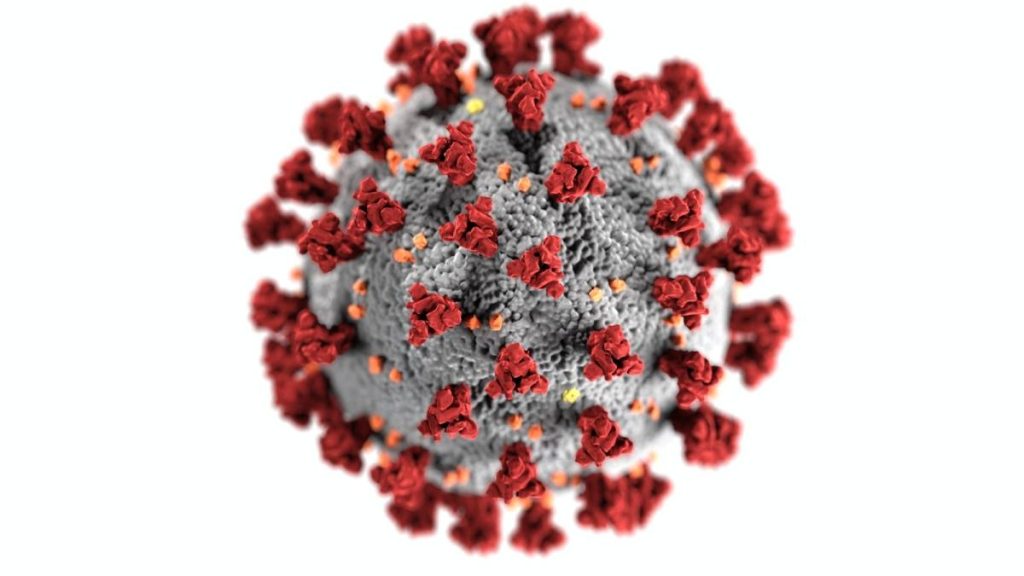
The source of SARS-CoV-2 and its introduction into the market is unclear and it is yet to be determined where the initial spillover event(s) occurred. There is a need to examine environmental samples collected from specific stalls and drains at the market in January 2020 that tested positive for SARS-CoV-2 in areas known to have sold live animals.
Furthermore, follow-up studies to identify possible animal sources from which the environmental contamination could have originated from have not been completed. Other essential studies include detailed mapping of upmarket trade of wild/domestic animals sold in Wuhan City and Hubei Province and clinical history and seroprevalence of SARS-CoV-2 antibodies in humans and animals from the source farms of animals sold at Wuhan markets.
In addition, further verification analyses of human samples collected through national surveillance programs, including Influenza and other respiratory samples (e.g., RSV and enterovirus D68) during the months prior to December 2019 are still needed in China and worldwide.
Genetic studies of coronaviruses in wildlife species in Asia and the rest of the world are also needed in order to identify new leads on ancestral or intermediate hosts (such as animals that have been identified as susceptible throughout the pandemic).
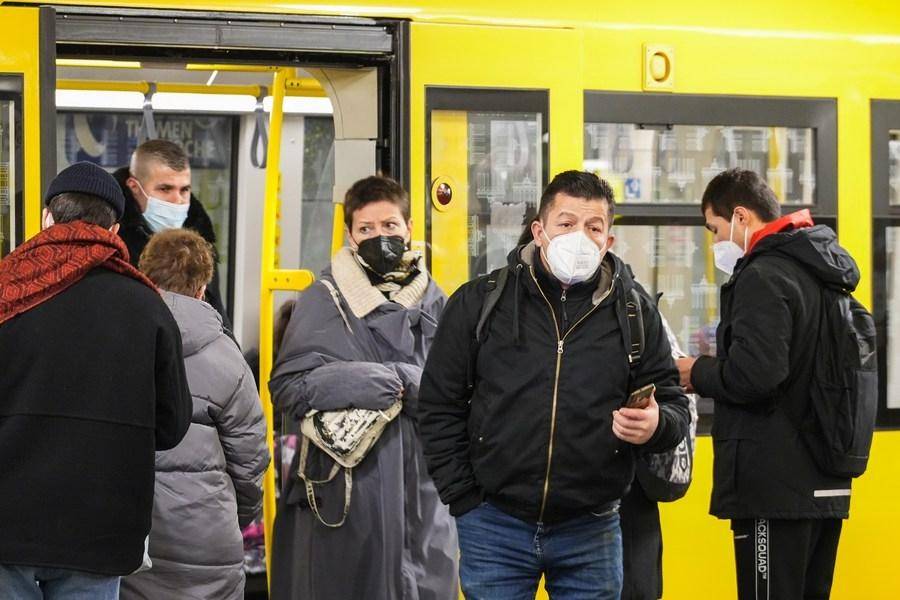
SAGO notes that there has not been any new data made available to evaluate the laboratory as a pathway of SARS-CoV-2 in the human population and recommends further investigations into this and all other possible pathways. The SAGO said that it will remain open to any and all scientific evidence that becomes available in the future to allow for comprehensive testing of all reasonable hypotheses.
This first report of the SAGO contains preliminary recommendations for both the global framework and its application to SARS-CoV-2, specifically, based on available published evidence and the initial deliberations of the SAGO. Dividing into technical working groups organized around the six elements of the global framework, SAGO members have met to review and discuss available evidence and information presented to them and have made recommendations on the urgent studies needed to better understand the origins of SARS-CoV-2 in China and other countries.
This preliminary report is not intended to, nor does it, provide conclusive findings on the origins of SARS-CoV-2 because more information is needed from the studies recommended in this report.
The SAGO has not been formed to find the origins of SARS-CoV-2 but rather has been tasked with advising studies that are necessary to gather evidence to better understand the origins of SARS-CoV-2, and more broadly, origins of emerging and re-emerging future epidemics/pandemics.
The SAGO will continue to meet regularly and discuss emerging evidence and looks forward to reviewing findings from the studies recommended here within and providing further advice to WHO.
In October 2021, following a public call for experts, the World Health Organization announced proposed members of the WHO SAGO. The SAGO is tasked to advise WHO on the development of a global framework to define and guide studies into the origins of emerging and re-emerging pathogens of epidemic and pandemic potential, including SARS-CoV-2. (ANI)


